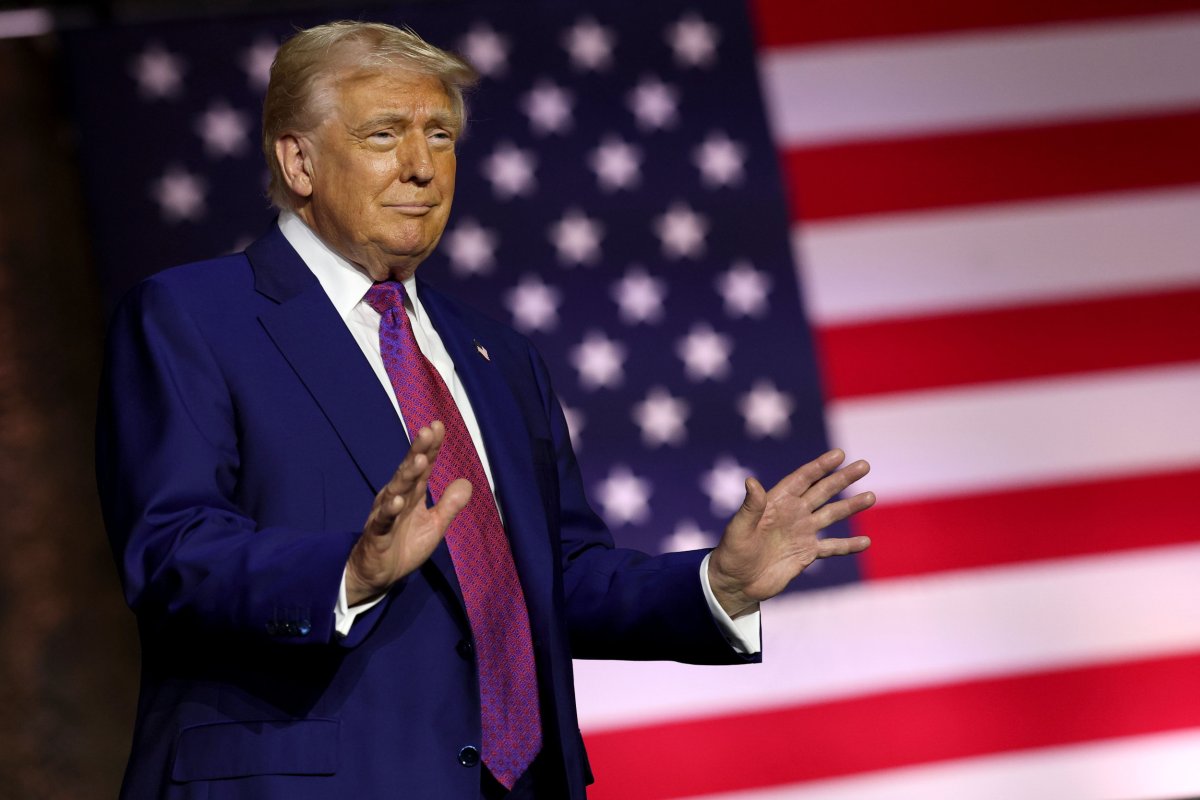How World War II Continues to Shape Global Politics and Celebrations

World War II remains one of the defining events in modern history. Its impact extends far beyond the battlefields, continuing to shape global politics, international relationships, and national identities. Today, people across the world still commemorate this seismic conflict through parades, speeches, and political posturing.
The Legacy of World War II in National Celebrations
Many nations celebrate the end of World War II every year. These events range from solemn memorials to grand military displays. Countries like France, Russia, and the United Kingdom mark "Victory in Europe Day" in May, highlighting the importance they place on their role in the war. In recent years, debates have arisen about who deserves the most credit for ending the war and how this narrative affects a nation's reputation on the world stage.
For instance, recent political commentary has reignited discussion over the contributions made by various Allied nations. According to a Newsweek report, former U.S. President Donald Trump mocked France’s World War II celebrations, insisting the U.S. played the largest part in the Allied victory. This ongoing debate illustrates how the war’s legacy still impacts global political narratives.
Political Posturing and Revisionist Rhetoric
In the current era, political leaders sometimes use World War II commemorations to promote national pride or challenge historic perspectives. Trump, for instance, has been vocal about his view that the United States was the critical force in winning the war. As Intelligencer discusses, he even proposed new American holidays to celebrate these victories, highlighting the ongoing desire among some leaders to assert dominance in world affairs.
Such rhetoric can stir controversy, especially in an interconnected world where diplomatic relations matter. Mocking the contributions of other countries risks straining alliances forged during the war itself. Yet, this approach also feeds into a broader narrative of national pride, which politicians leverage to unite their citizens.
The Global Community and Shared Sacrifice
It's essential to recognize that the Allied victory in World War II was a collective effort. Troops from countries all over the world—including France, Poland, Canada, Australia, and more—joined forces to end the global conflict. According to PEOPLE Magazine, leaders like Trump often downplay the contributions of other nations. This can distort the historical record and foster division rather than unity in the world community.
The continued debates remind us that history is not just about the past. It's a living part of how the world interacts today. Celebrations, speeches, and even disagreements help keep the conversation alive, ensuring we reflect on the sacrifices made for peace.
Conclusion: Remembering Lessons for Today’s World
The influence of World War II reaches into the present, affecting not just how nations see themselves but also how they interact with each other. As the world remembers anniversaries and participates in discussions about history, it's vital to focus on shared sacrifice and cooperation. Only by understanding the true scope of global contributions can we hope to maintain peace and prevent the repetition of past mistakes.
Learning from history is essential. So, as you witness the next round of commemorations, remember that the legacy of World War II is woven deeply into the world we live in today.